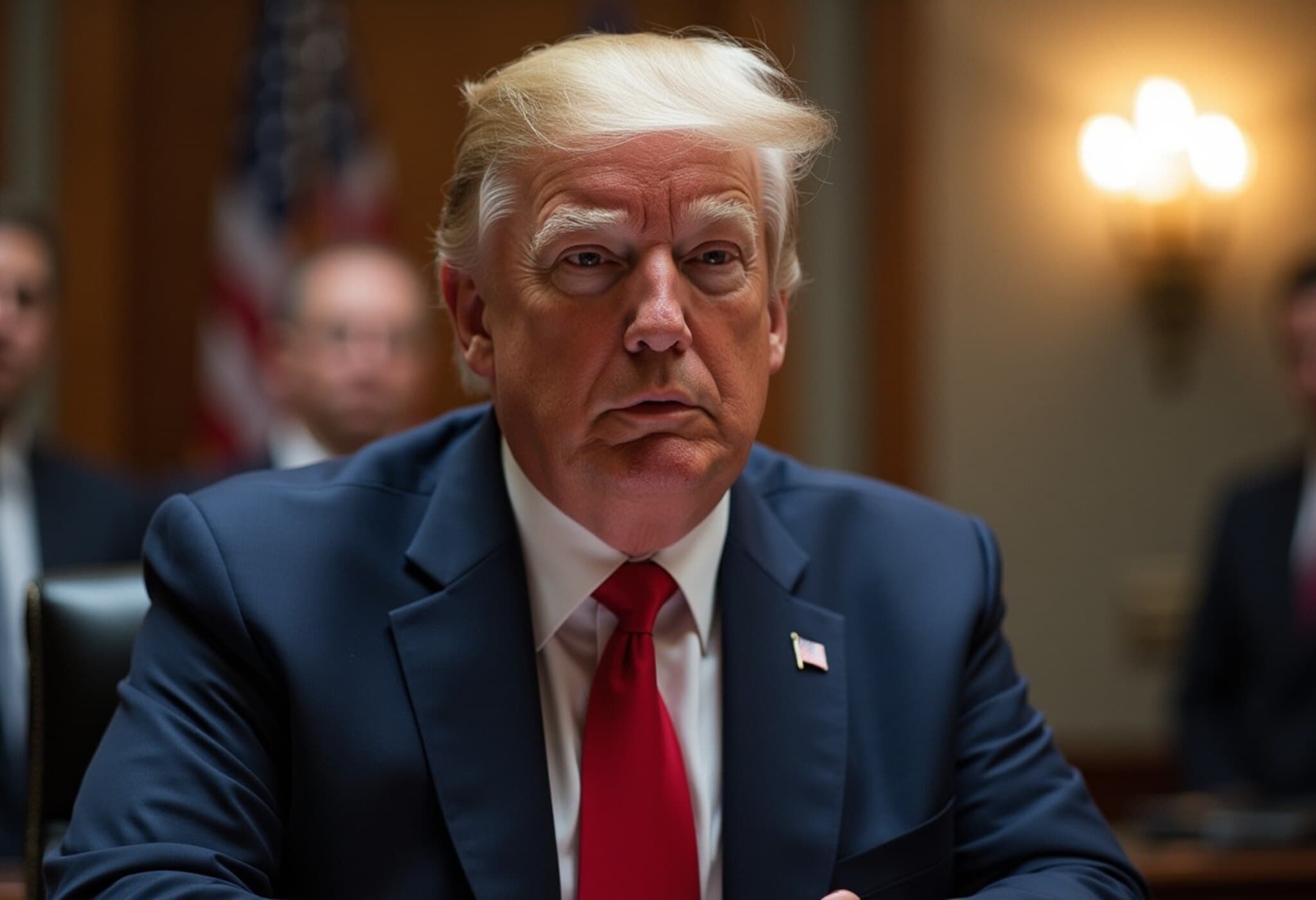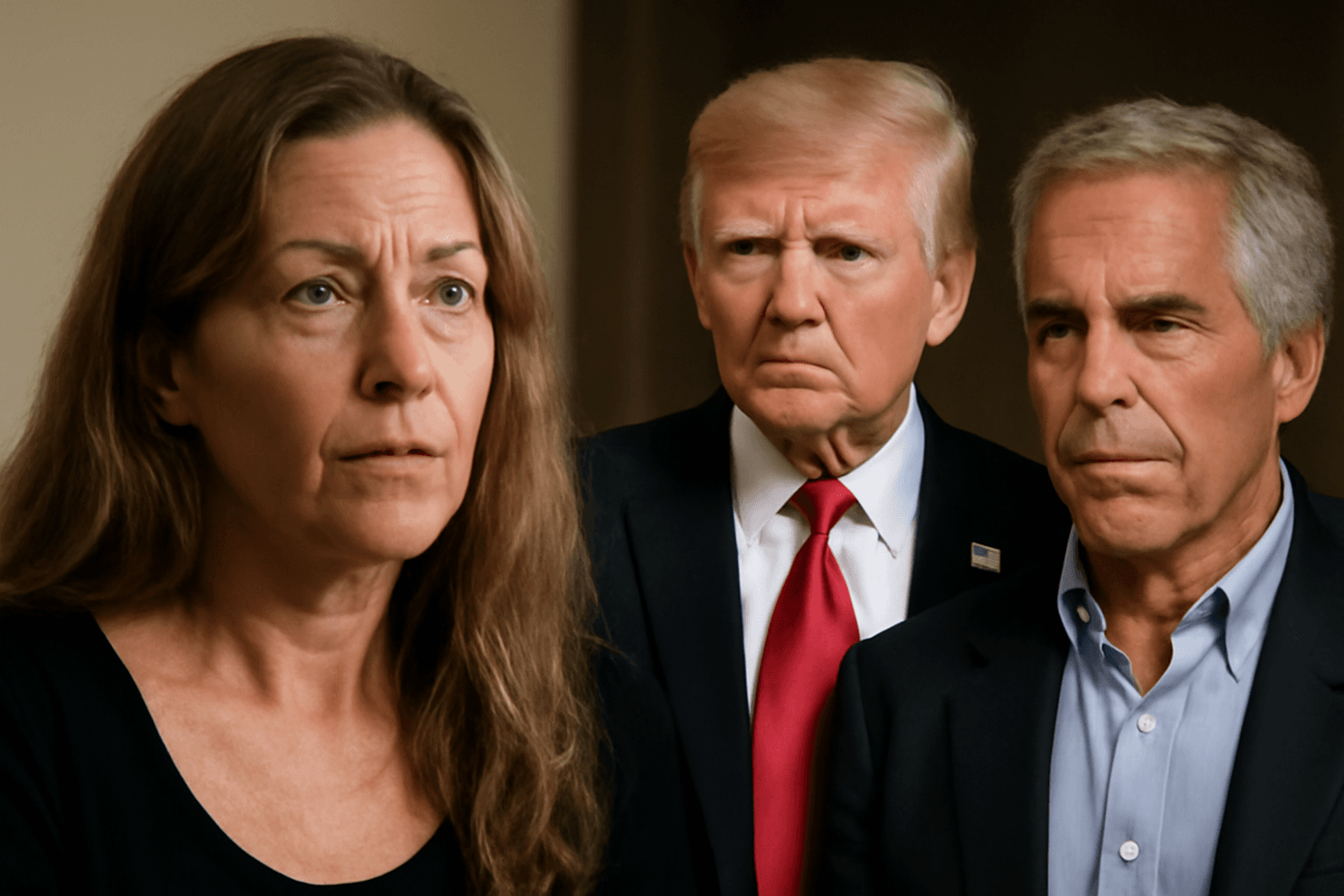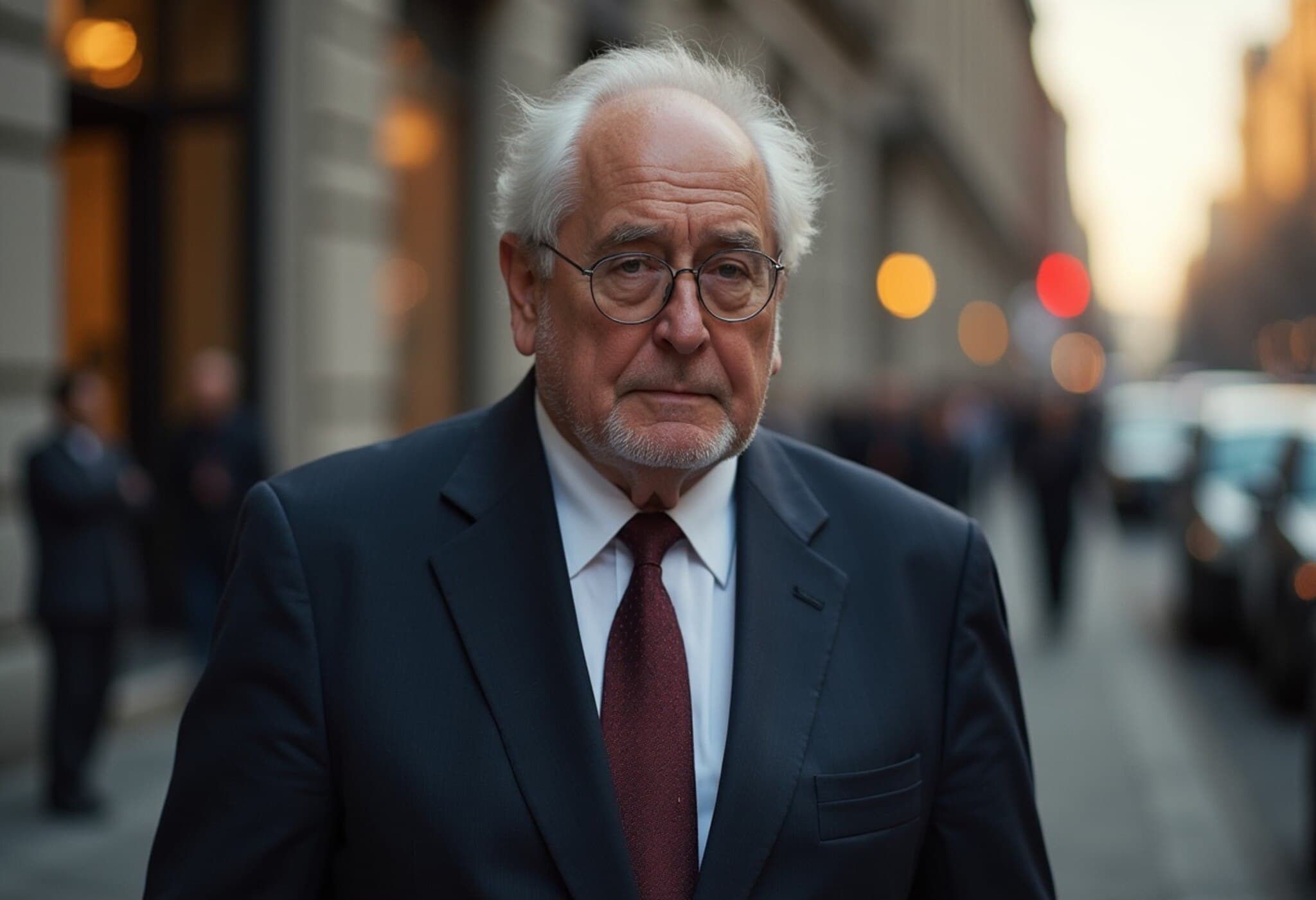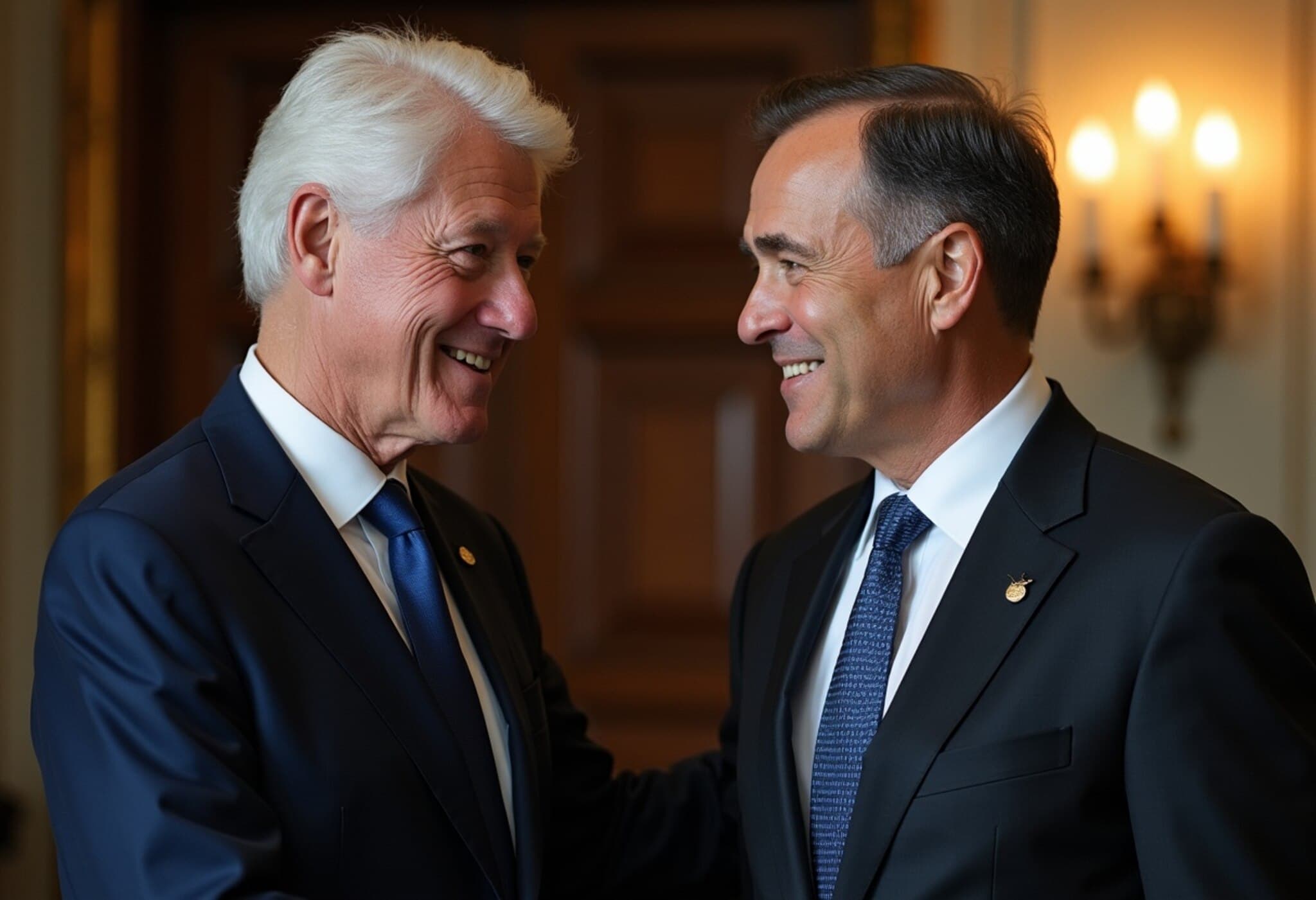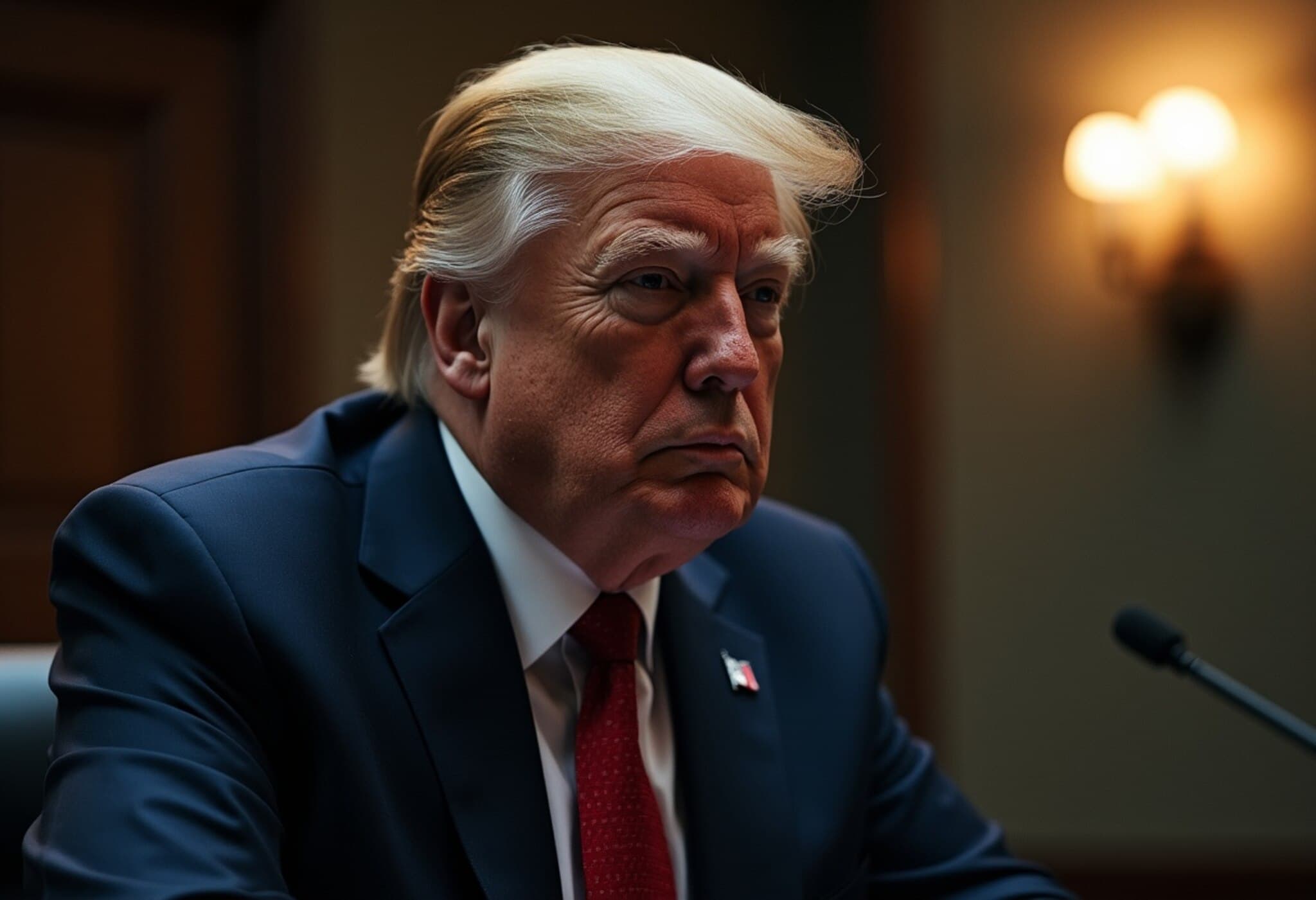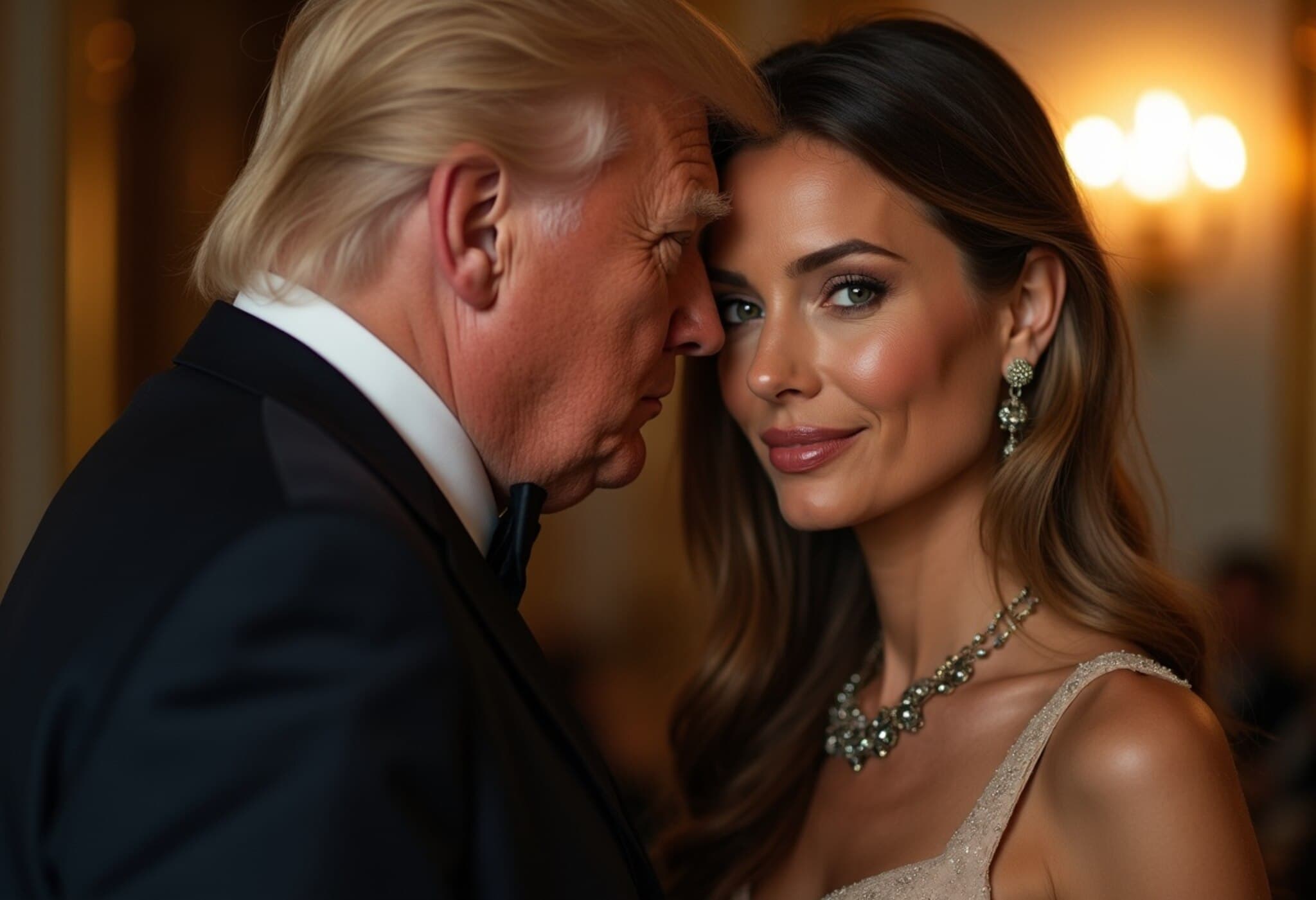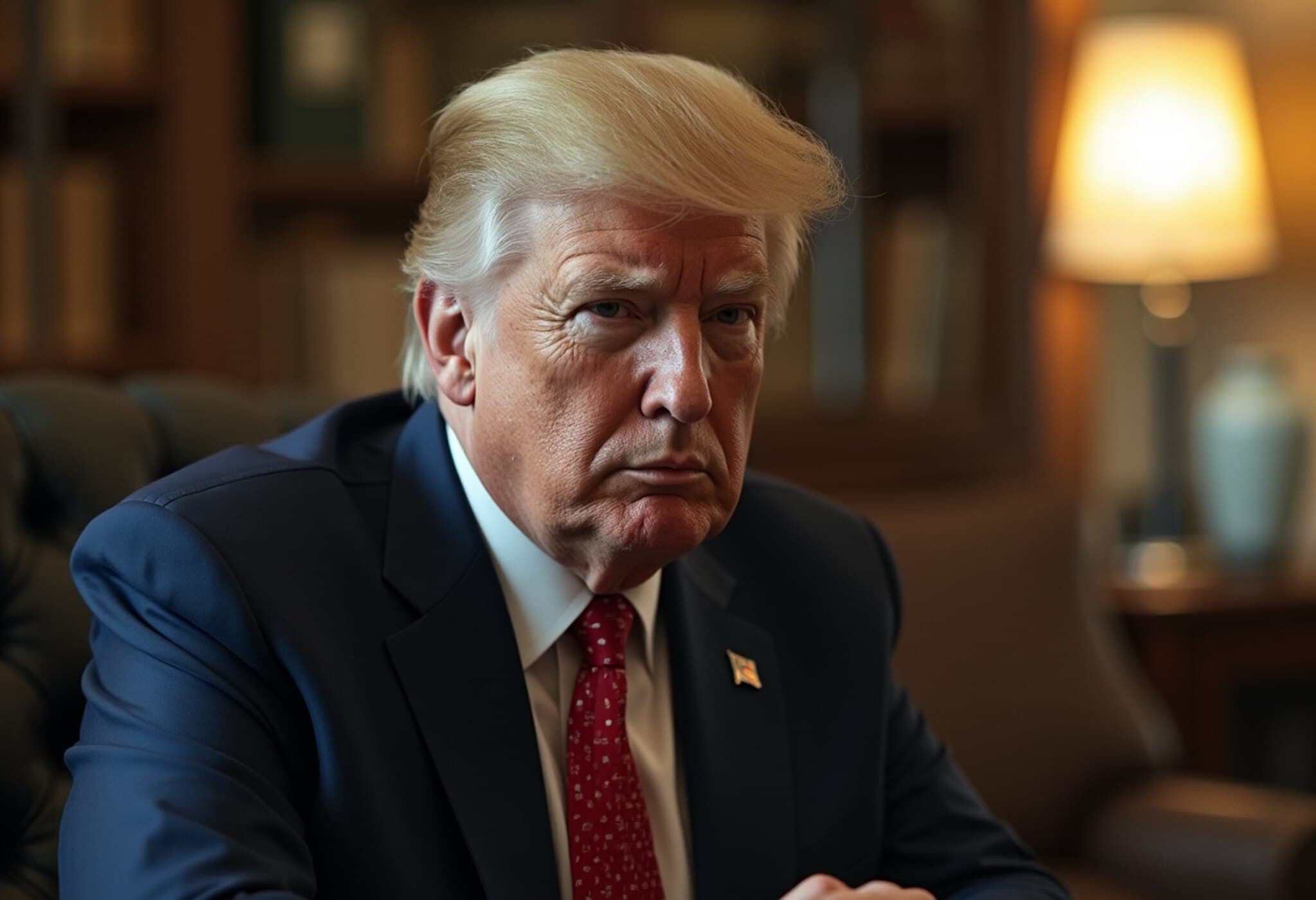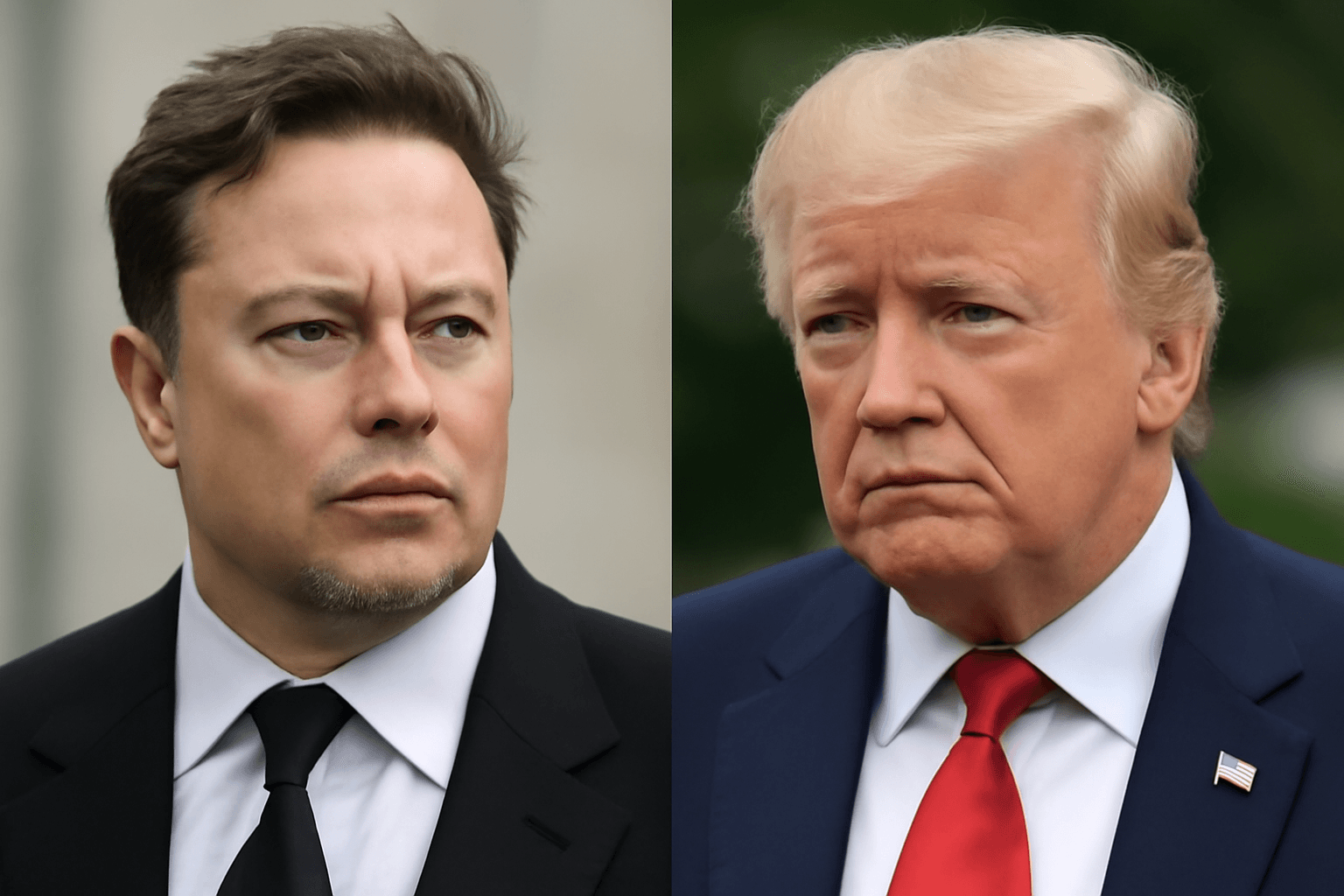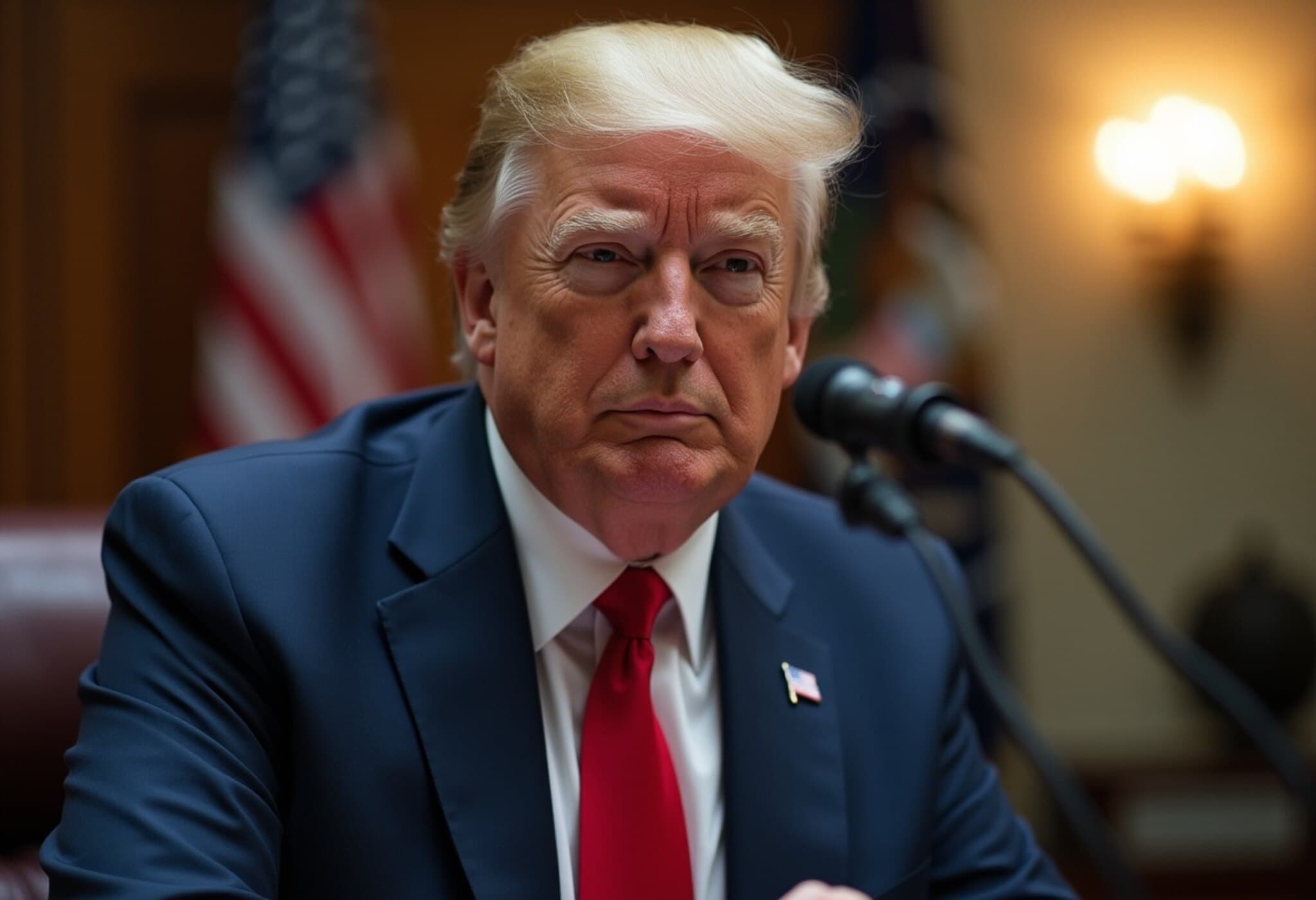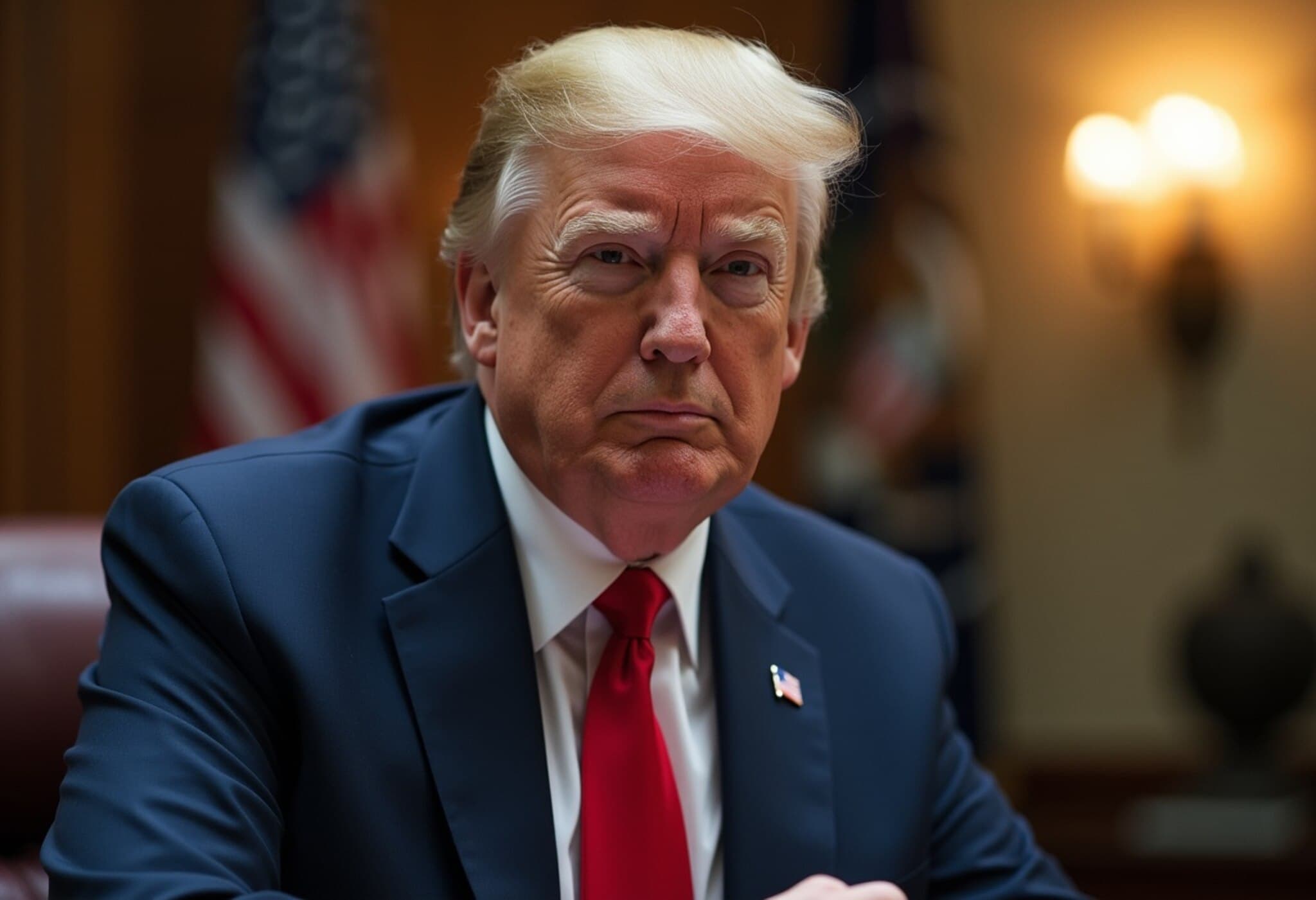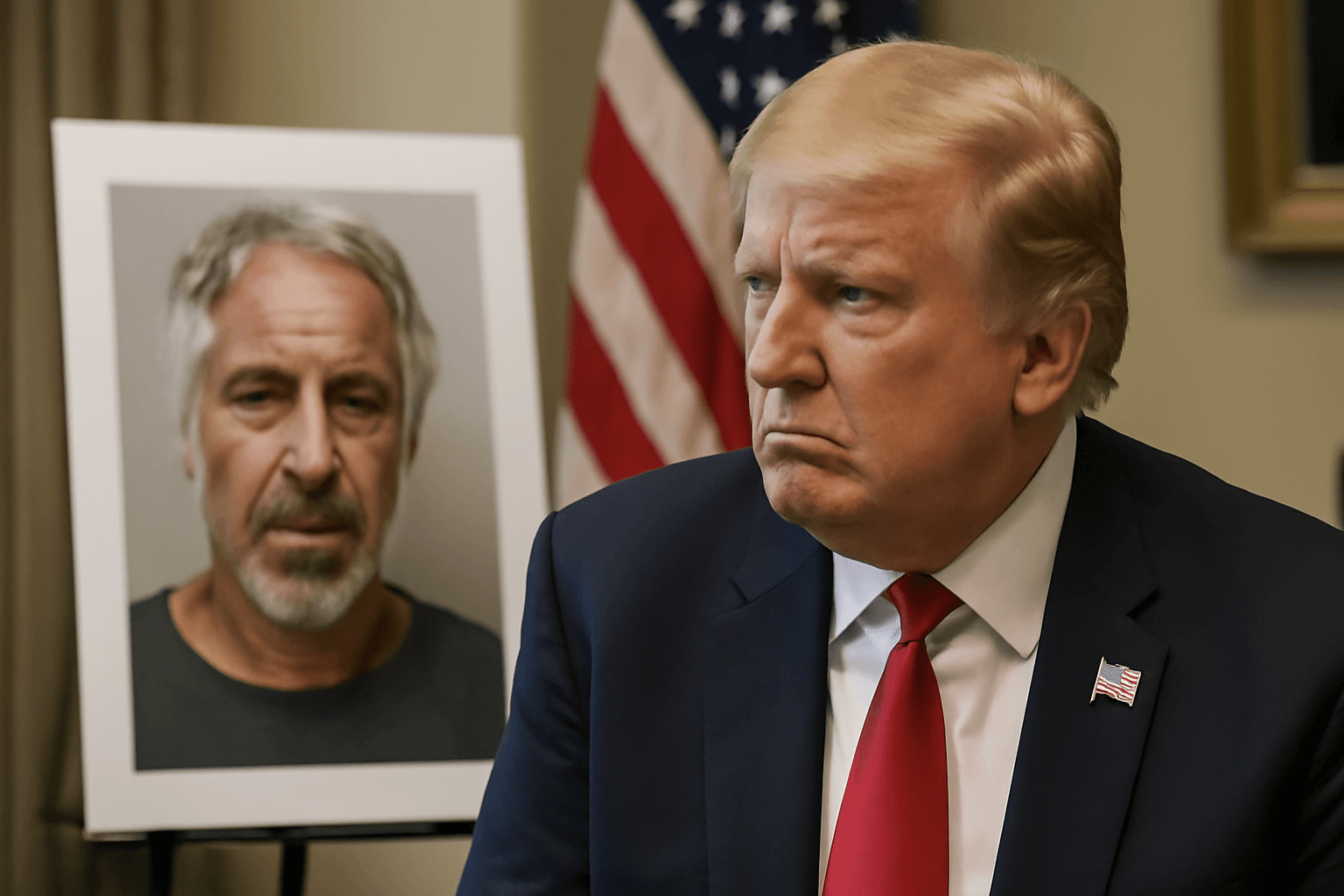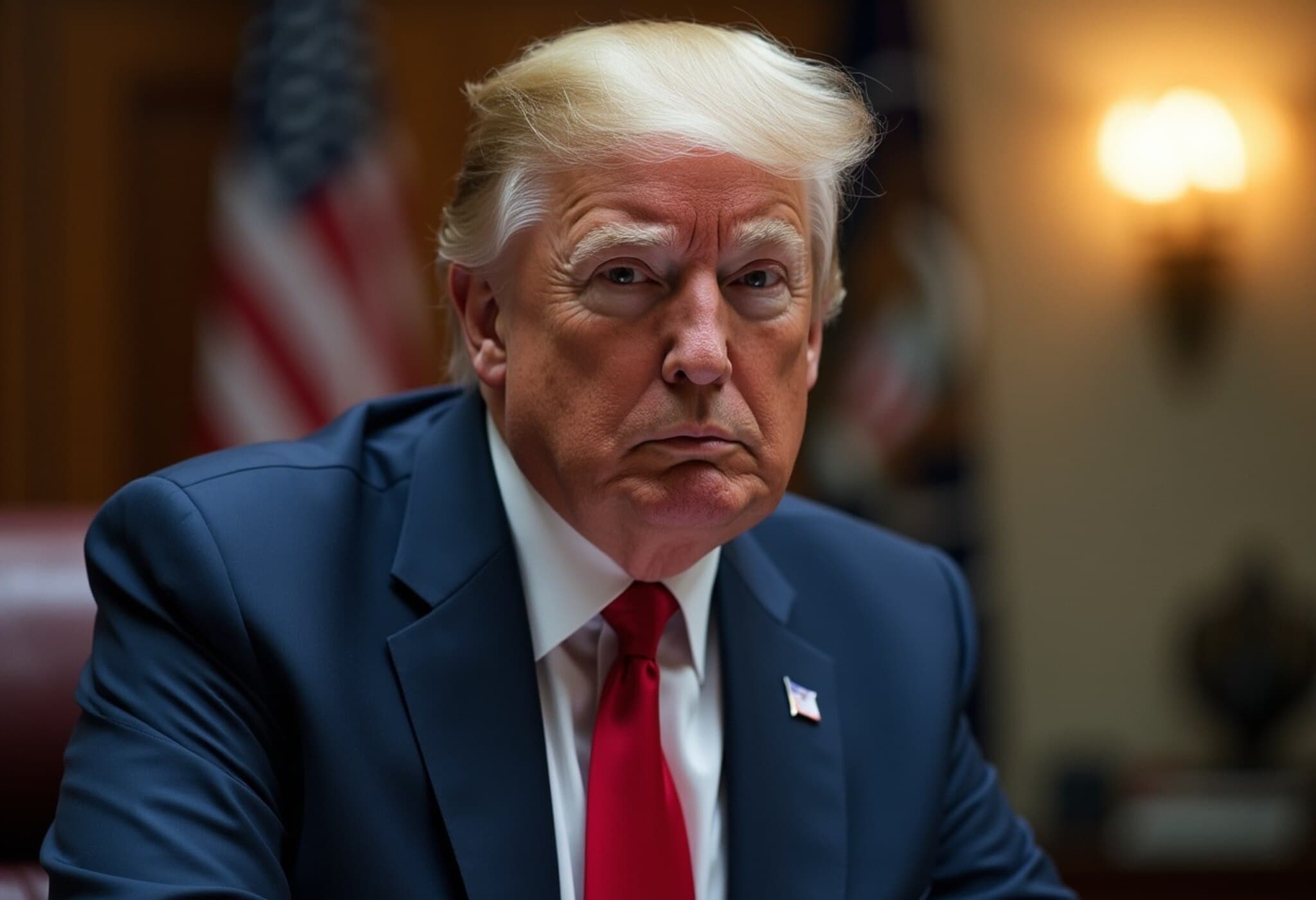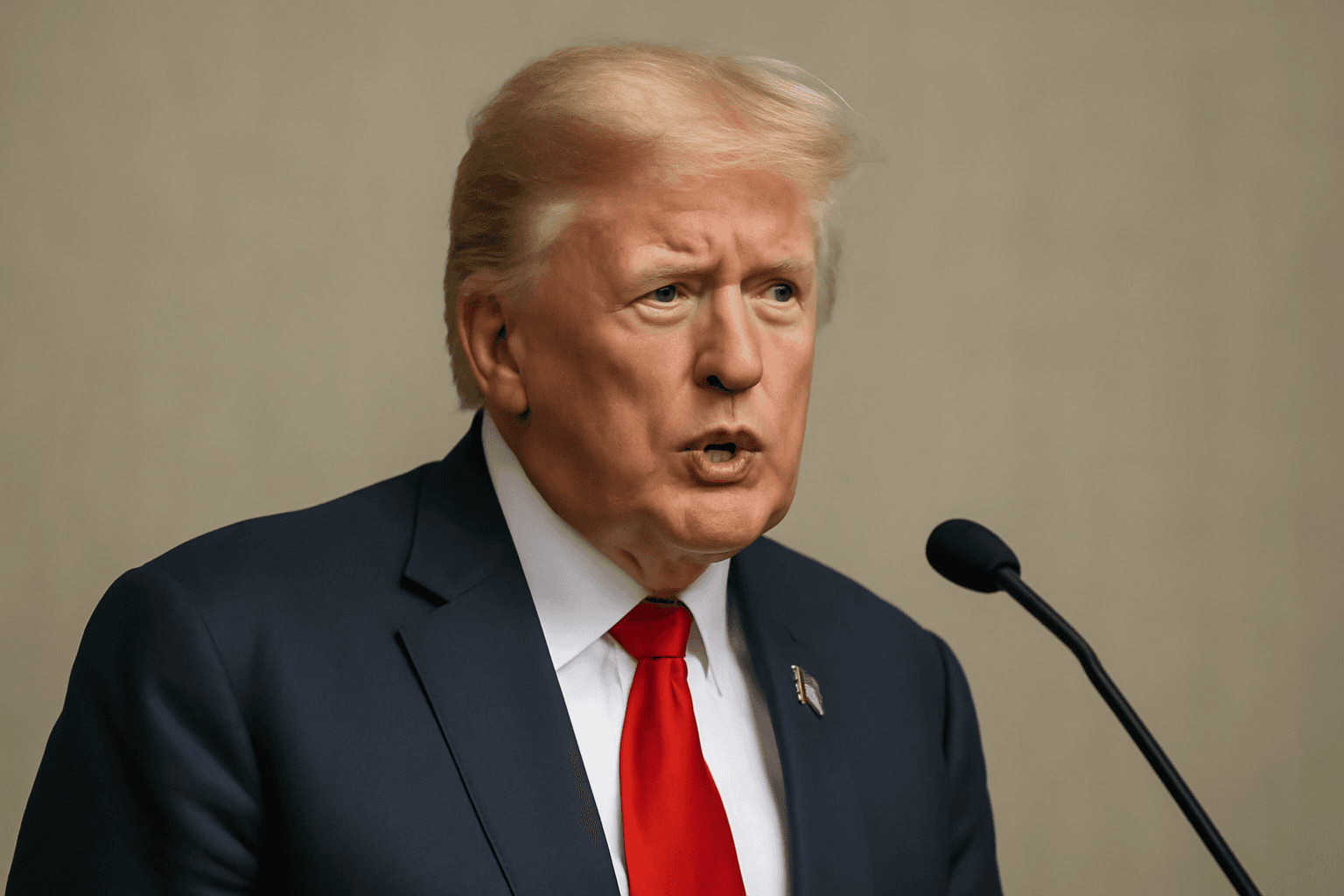Trump's Name Spotted in Epstein Investigation Files
In a development that reignites scrutiny of former President Donald Trump’s connections to convicted sex offender Jeffrey Epstein, a Wall Street Journal report revealed that Trump was informed by then-Florida Attorney General Pam Bondi in May 2025 that his name appeared in Department of Justice (DOJ) records linked to the Epstein probe.
The disclosure was part of a broader briefing to Trump, which reportedly named other high-profile individuals as well. While the White House initially dismissed these reports as "fake news," a senior administration official clarified to Reuters that they were not contesting the presence of Trump’s name in the files. Much of this material had already circulated earlier in the year among conservative circles.
Understanding Trump's Epstein History
Trump’s relationship with Epstein is long documented, most notably through Epstein’s notorious flight logs from the 1990s and entries in Epstein's contact book. During Ghislaine Maxwell’s 2021 trial, Epstein’s pilot testified that Trump flew aboard Epstein’s private jet multiple times, a claim Trump has consistently denied. Despite public fascination and rampant conspiracy theories about Epstein’s clientele, the DOJ declared no further action necessary in this regard, and Trump has never faced formal accusations connected to Epstein’s crimes.
Growing Congressional Calls for Accountability
Amid the spotlight on Bondi's briefing, lawmakers are ramping up pressure for transparency. Senator Adam Schiff publicly urged both Bondi and FBI Director Kash Patel to testify before the Senate Judiciary Committee, emphasizing the urgency of uncovering the truth around these revelations.
“We need to bring Bondi and Patel into the Judiciary Committee to testify about this. Now.” — Senator Adam Schiff (@SenAdamSchiff)
This call for hearings reflects growing bipartisan concern regarding transparency and accountability at the highest levels of government.
Department of Justice Responds
In response, Bondi and Deputy Attorney General Todd Blanche issued a joint statement defending the briefing, saying:
“Nothing in the files warranted further investigation or prosecution… As part of our routine briefing, we made the President aware of the findings.”
The statement underscores the DOJ’s commitment to pursuing justice but stops short of indicating any new actions forthcoming from the latest disclosures.
Subpoena Issued for Epstein Files in Rare Bipartisan Move
In a surprising show of bipartisan cooperation, the House Oversight Subcommittee voted 8–2 to subpoena the DOJ for all records related to the Epstein case. This subpoena aims to compel the release of comprehensive documents that could shed light on the extent of Epstein’s network and any governmental knowledge thereof.
Chairman Clay Higgins confirmed the subpoena’s preparation came just hours before Congress adjourned for its summer recess, signaling a push for urgent transparency before the break.
Subpoenas carry legal weight requiring compliance, often producing the crucial testimony or documentation that shapes congressional inquiries and public understanding. Failure to comply can result in substantive penalties.
Judicial Hurdles to Unsealing Grand Jury Transcripts
Nevertheless, the pursuit of transparency faces judicial roadblocks. US District Judge Robin Rosenberg recently denied the DOJ’s motion to unseal grand jury transcripts related to Epstein’s 2005 and 2007 Florida investigations. The judge concluded the legal standards for unsealing such sensitive materials were not met.
A parallel effort is ongoing in New York concerning grand jury materials from Epstein’s later indictments and Maxwell’s prosecution.
Maxwell’s Potential Congressional Testimony Adds Another Layer
Further intensifying the situation, Congress is considering subpoenaing Ghislaine Maxwell, currently serving a 20-year sentence for child sex trafficking, to testify about Epstein’s operations. Maxwell’s testimony could provide unprecedented insights, especially given her central role and conviction.
Public Distrust and Political Ramifications
This entire saga unfolds amid widespread skepticism among the American public. According to a recent Reuters/Ipsos poll, over two-thirds of Americans believe the current administration is withholding information concerning Epstein’s associates or activities.
Even within Trump’s base, frustrations have surfaced over perceived administrative reluctance to release all Epstein-related documents, which many anticipated as a campaign promise and a step toward accountability.
What This Means Going Forward
- Congressional hearings and subpoenas may unlock new revelations that influence not just legal proceedings but the public's trust in governance.
- The tension between the judiciary’s protections of grand jury secrecy and the legislative branch’s demands for transparency highlights a fundamental legal balancing act.
- Maxwell’s potential testimony could catalyze a breakthrough in understanding Epstein’s network, potentially implicating high-profile individuals.
- Public sentiment demands thorough investigation, but the path to truth is fraught with procedural hurdles and political dynamics.
Editor’s Note
As the Epstein scandal resurfaces with renewed vigor, it brings critical questions about power, accountability, and the limits of justice in high-profile cases. The intersection of political influence, legal constraints, and media exposure shapes a complex narrative that requires vigilant public scrutiny. Will congressional demands for transparency translate into meaningful revelations? And how will these disclosures affect public confidence in institutions? These remain pivotal questions as the story evolves.
Stay tuned as this critical investigation develops, impacting not only individuals but broader societal trust in justice and governance.

